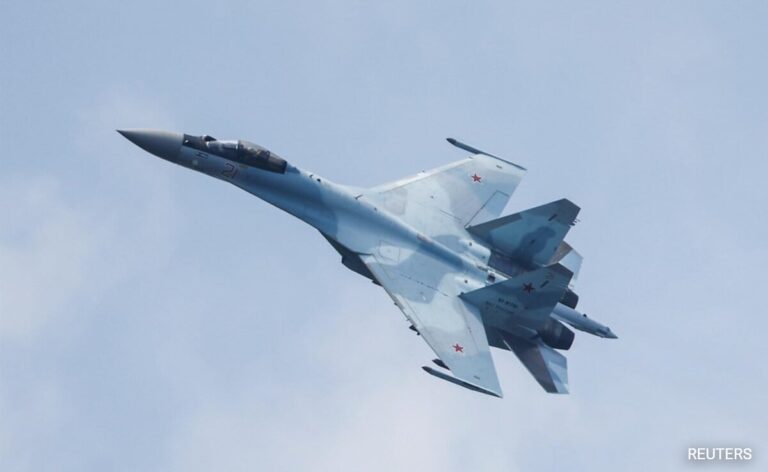Tehran:
Iran said it had purchased Russian-made Skoy-35 fighter jets amid Western concerns about growing military cooperation between Tehran and Moscow. Iran’s air force has only a few dozen strike aircraft, including aging US models acquired before the 1979 Islamic Revolution. The new jets will strengthen Tehran’s military capabilities.
“The production of military equipment is being accelerated, obsolete systems are being retired and replaced with modern, updated systems,” news agency Reuters quoted Ali Shadmani, deputy coordinator of Khatam-Ol-Anbia Central headquarters. I quoted it.
“If necessary, we will make military purchases to strengthen our air, ground and naval forces,” he added.
Shadmani did not specify whether the jets had already been delivered to Iran, but this is the first time a senior official in Tehran has confirmed the purchase of SU-35 jets.
In November, Iran’s Tasnim news agency said Tehran had finalized a deal to buy Russian fighter jets.
Earlier this month, Iran and Russia signed a comprehensive strategic partnership that made no mention of arms transfers but said the two would develop “military-technical cooperation.” The deal strengthened ties between the two countries just as they face increasing geopolitical pressures.
The 20-year agreement was signed by Iranian President Masoud Pezeshkian and Russian President Vladimir Putin in Moscow. This includes provisions that neither country may use its territory for actions that threaten the security of the other, nor will either country be allowed to provide help to an attacking party. Masu.
Such a deal has been in talks for years, but current geopolitical events have made it the need of the hour. Russia’s regional position is under strain because of its war in Ukraine, while Iran has grappled with Western sanctions and weakening several regional allies in its conflict with Israel in the Middle East.
But perhaps it was the fall of Bashar al-Assad’s regime in Syria in early December that proved to be an important impetus for strengthening ties between Tehran and Moscow. Both powers lost a key ally in al-Assad, weakening their power in the wider Middle East.


